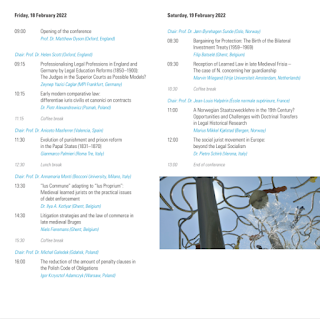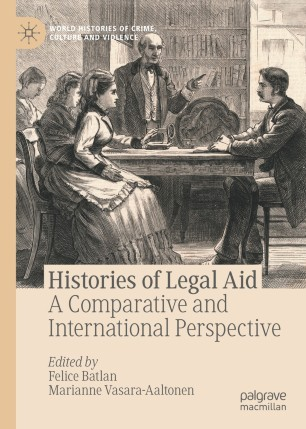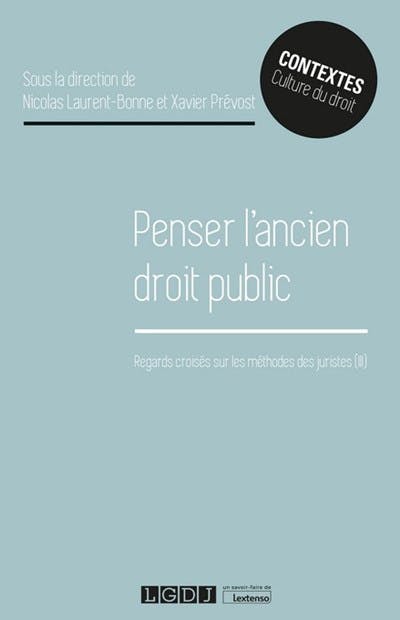As the future of international law has become a growing site of struggle within and between powerful states, debates over the history of international law have become increasingly heated. In this lecture discussing her new book 'International Law and the Politics of History', Anne Orford explores the ideological, political, and material stakes of apparently technical disputes over how the legal past should be studied and understood. Drawing on a deep knowledge of the history, theory, and practice of international law, she argues that there can be no impartial accounts of international law's past and its relation to empire and capitalism. Rather than looking to history in a doomed attempt to find a new ground for formalist interpretations of what past legal texts really mean or what international regimes are really for, she urges lawyers and historians to embrace the creative role they play in making rather than finding the meaning of international law.
Friday, 4 February 2022 - 1.00pm. You can register here.
ABOUT THE SPEAKER
Anne Orford is Melbourne Laureate Professor and Michael D Kirby Chair of International Law at Melbourne Law School, and Visiting Professor of Law and John Harvey Gregory Lecturer in World Organizations at Harvard Law School. She researches and teaches in the areas of international law, history and theory of international law, international dispute settlement, international economic law, and climate change. She is a Fellow of the Academy of the Social Sciences in Australia and a past President of the Australian and New Zealand Society of International Law. Her publications include International Law and the Politics of History (Cambridge University Press, 2021), Pensée Critique et Pratique du Droit International (Pedone, 2020), International Authority and the Responsibility to Protect (Cambridge University Press, 2011), and Reading Humanitarian Intervention (Cambridge University Press, 2003), and the edited collections Revolutions in International Law: The Legacies of 1917 (Cambridge University Press, 2021) (co-editor), The Oxford Handbook of the Theory of International Law (Oxford University Press, 2016) (co-editor), and International Law and its Others (Cambridge University Press, 2006). She presented a special course on Civil War and the Transformation of International Law at the Hague Academy of International Law in 2021. She has been awarded honorary doctorates in law by Lund University, the University of Gothenburg, and the University of Helsinki, and the Woodward Medal for Excellence in Humanities and Social Sciences by the University of Melbourne.























